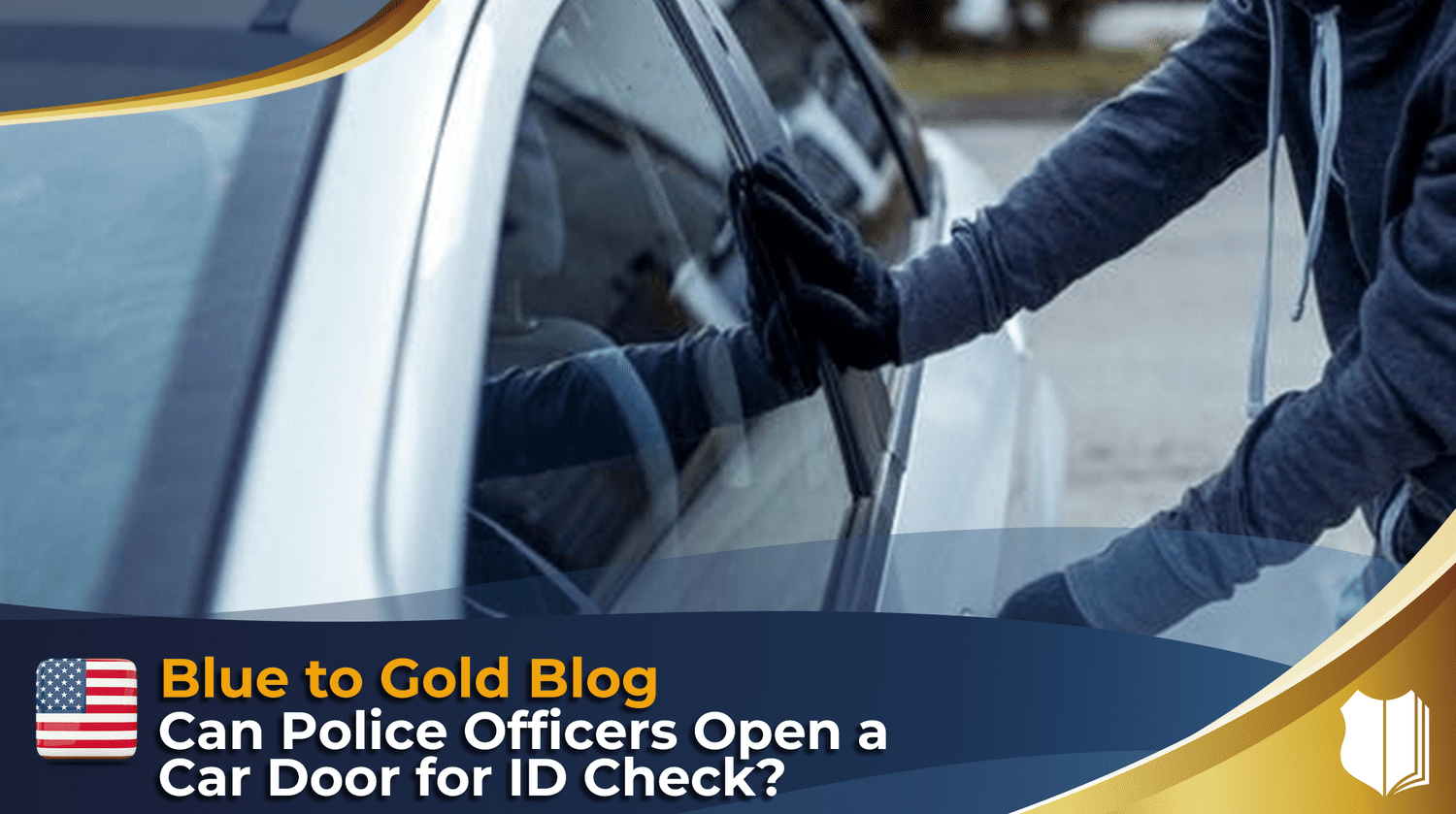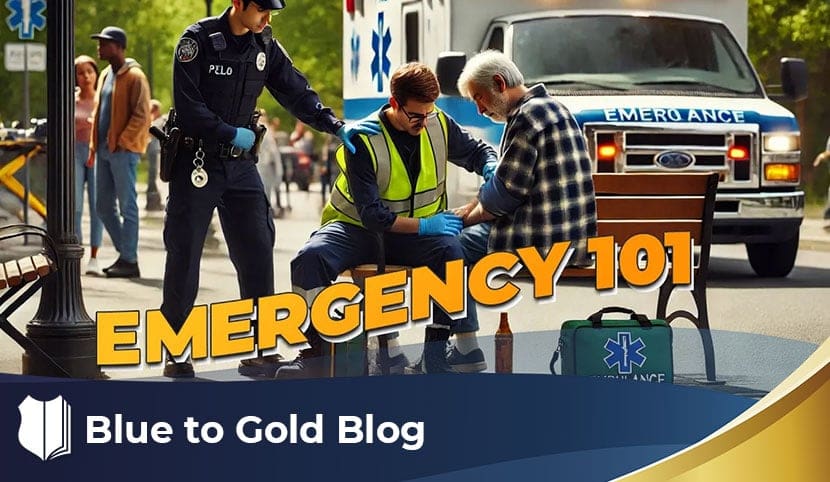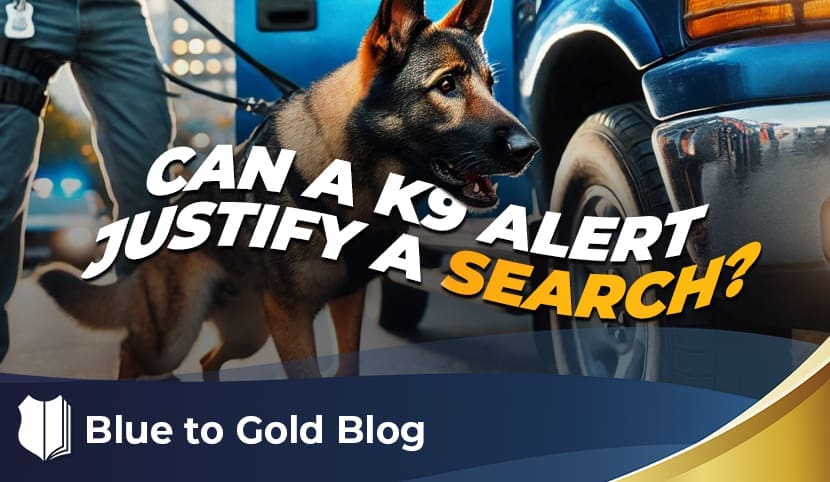Can officers open a car door if the driver refuses to identify themselves?
I’m Anthony Bandiero, attorney and senior legal instructor for Blue to Gold Law Enforcement Training. This question comes from an Officer in Arizona.
Here is the scenario. An officer basically makes a traffic stop, and the driver is refusing to identify themselves, is not rolling down the window all the way. They’re maybe being legally combative. It sounds like a sovereign citizen type scenario. And the question is, “Can we open the door in order to see their hands and so forth?”
Now, let’s go through a few doctrines. Number one is, you are allowed to order any occupants. Let’s use good judgment with passengers, but you’re allowed to order a driver out of the vehicle if you have any reason to do so. That is Pennsylvania versus Mimms. Passengers are covered under Maryland versus Wilson.
So that’s the first. Can we order them out? Yes. But what we’re doing here is we’re not ordering them out, we’re actually opening the car door just to see their hands. That is a search under the Fourth Amendment. If you were looking to get them out, and you want to facilitate the exits by opening the door, and your intent was not to search, then the courts will probably likely say that it was not a search. Then you may see plain view evidence and so forth.
But if you open the door with the intent to keep them in there, and to see their hands, that’s a search. And in order to do that, you’re going to need to articulate some kind of armed and dangerous. It is not a high standard, but it is a standard. It requires something more than nothing. What do we have here? We have non identification, violating state law, a surrender upon demand type stuff, we have rolling down the window only slightly and we have non compliance. We have maybe some other things going on too.
Do I think that the officer may be okay, if they articulate armed and dangerous, that this person could be a risk? I do, especially if they start hiding their hands and so forth. But I need the officer to do the articulation. We can’t do it for you over here at Blue to Gold, so you have to do it.
If the officer has a reason that they’re potentially in danger, then opening the door would be lawful. And then, if they saw something in plain view, that’s likely coming in. But if they go to court and say, “Your Honor, I don’t know why. I just did it. I think I have the right to just do it.” Well, unfortunately, that’s not the law. There’s no door-opening law, as a constitutional law. It has to based on armed and dangerous unless you’re going to search the car and get them out and so forth.
I hope this helps. Keep the questions coming. Until next time, my friends stay safe.








